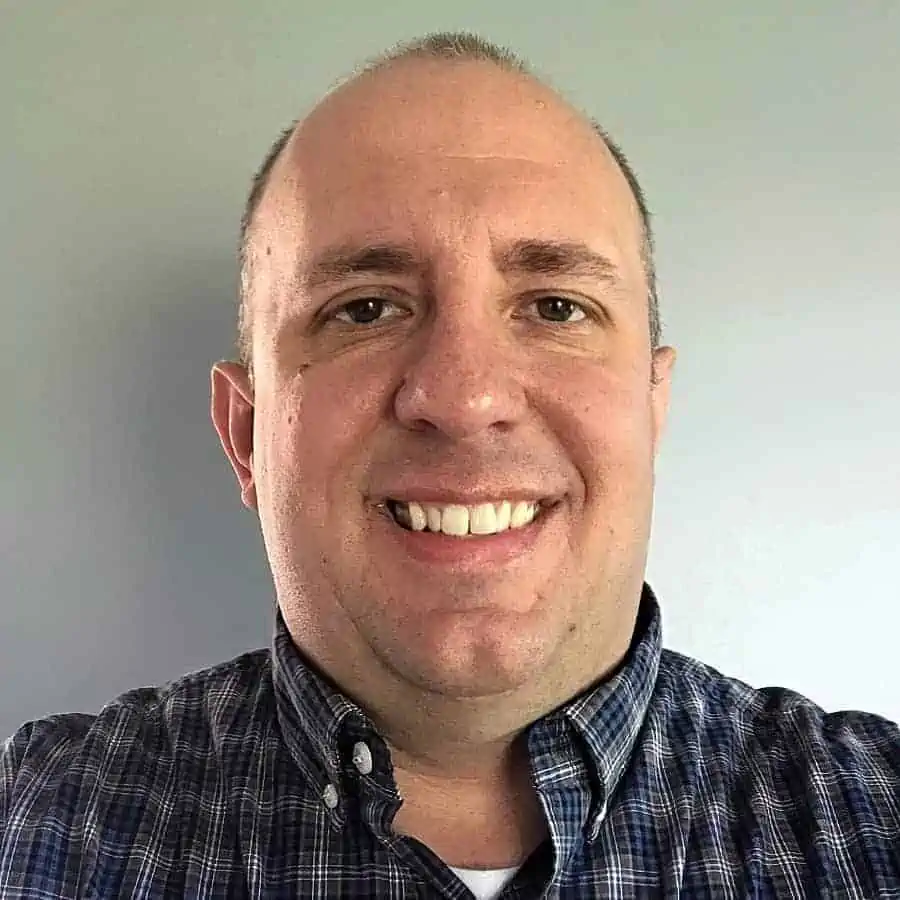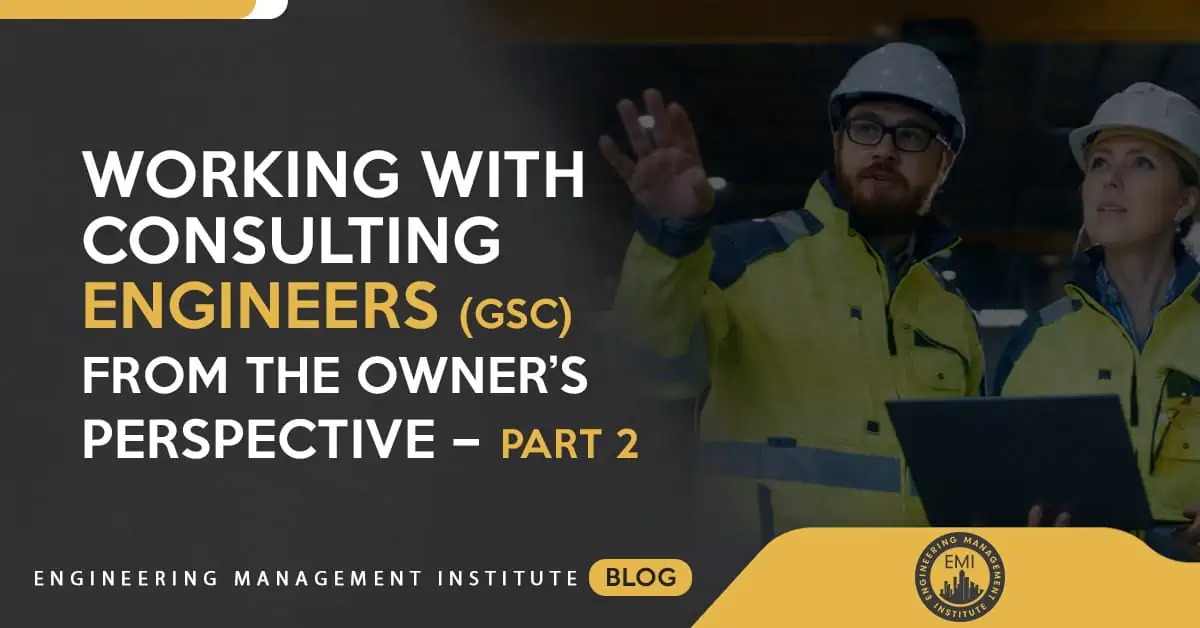This is a guest post by Jon Earle, PE, ENV SP
Part 2 – Proposal Review and Selection Process
In Part 2 of this 5-part blog series, I will be discussing the proposal review and selection process. In my opinion, the most important aspects in proposal review and selection are having the key stakeholders on the selection team and clear selection criteria for the successful firm or firms to be chosen.
For example, in selecting firms to work under a municipal general services agreement, it is important to include all departments that may have projects or interact with these firms. The key stakeholders may include not only the Town Engineer and Public Works Director, but also staff from parks, recreation, library, economic development, or any other department heads with projects in the capital improvement program. In addition, these varying perspectives will also further identify key strengths and weaknesses of the firms under consideration that might be overlooked by more technical staff.
Additionally, clear scoring criteria for the selection team is critical for initial ranking of the firms being considered. It can be difficult to get all selection team members to buy in to fully review all proposals and score each criteria component. Personally, I have had difficulty with a former colleague who ranked the firms based solely on past experience and working relationships. These are definitely key points to consider, but do not give every firm a fair opportunity to win the work even though they may be the better choice overall based on the predetermined selection criteria.
Once scoring of the request for quotes (RFQs) has been completed, the staff lead should compile the data and share it with the selection committee. Scoring alone is not typically the only criteria used in selection. I suggest that the ranking be used to identify the top two or three firms to be invited to interview and to present their qualifications and introduce project teams and staff. The firms should be provided adequate time to prepare presentations, and schedules should be aligned so that as many stakeholders as possible attend and participate in the interviews and presentations.
At the completion of the interview process, the selection team would then reconvene and discuss what they liked and didn’t like about each of the firms. Sometimes in the RFQ process, two firms are selected (primary and secondary), should there be a conflict of interest with the primary firm working on a particular project. Feedback to the unsuccessful firms is important and appreciated. I am usually contacted by most, if not all, firms to solicit this information and learn how they can improve on future presentations and enhance their future chances of being successful. Consultants spend a lot of time and resources preparing the proposals and presentations.
In part three, I will discuss developing project specific scopes of work and building and maintaining a relationship with the general services firm. Many municipalities are required to solicit a new RFQ every two to three years, depending on the individual procurement and purchasing policy.
About Jon Earle, PE, ENV SP

I hope you enjoyed this week’s post by guest author Jon Earle, PE, ENV SP. If you’re interested in your firm possibly joining the Civil Engineering Collective, please contact us here or call us at 800-920-4007.
I hope you’ll join us.
Anthony Fasano, P.E.
Engineering Management Institute
Author of Engineer Your Own Success


